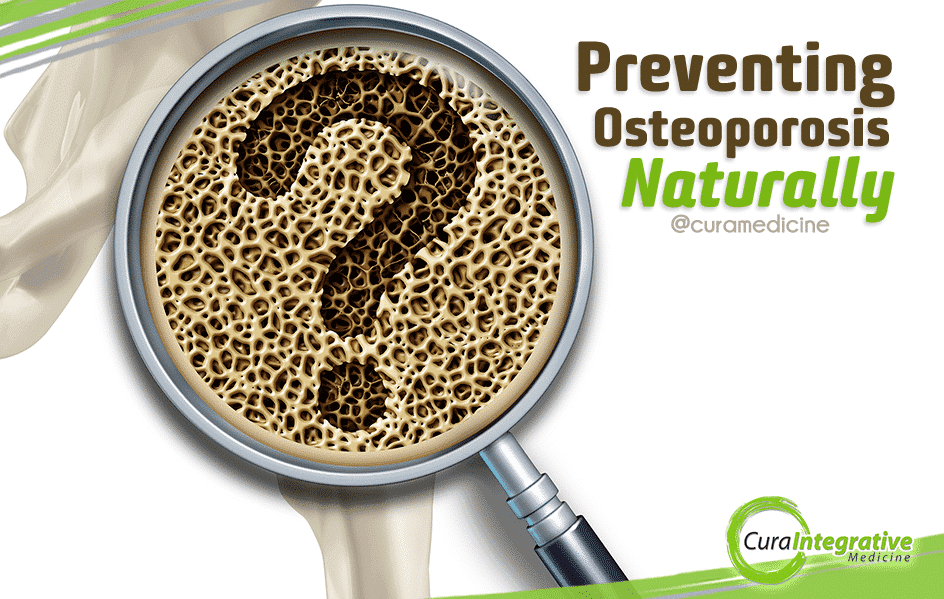Koji is a less known superfood found in a variety of macrobiotic foods. Containing Aspergillus oryzae, koji is used to make foods such as miso, amazaki and tamari. Read More…

Preventing Osteoporosis Naturally
Posted 25 May '16
When we lose calcium and other minerals our bones are undermined and weakened. When mineral content is reduced, bone mineral density is also lowered, resulting to porous and brittle bones. Some might say it is part of natural aging and genetics, however diet, nutrition, lifestyle and a number of other factors also contribute to your bone health.
When bone thinning happens, we become susceptible to bone breakage even while merely carrying out light daily activities, such as lifting shopping bags. Significant pain and immobility may also happen, leading ultimately to loss of independence. This condition is called osteoporosis and starts with something called osteopenia.
Osteoporosis is often called a “silent disease” because loss of bone density happens within and is not obvious until it’s already late and a fracture has occurred.
In Australia alone, 15% of women and 3% of men over the age of 50 suffer from osteoporosis.
Peak bone mass is achieved during our 20’s and then optimal strength ideally kept for as long as possible.
To ensure optimal skeletal health, diet should consist of –
- dark green leafy vegetables
- nuts such as almonds or walnuts
- seeds such as sesame or chia
- sardines, and
- limited alcohol and coffee
Sufficient vitamin D through moderate sun exposure, or supplements, is also crucial for calcium absorption; coupled with regular jumping exercises or intensity training to increase bone density.
Normally and naturally, bone mineral density starts to decrease when we hit the mid-30’s. However, poor lifestyle habits, such as excessive alcohol intake and smoking, are sure to accelerate the decrease. Diet becomes even more essential to make sure that sufficient calcium is being absorbed by the body. Sadly, the recommended daily calcium needs is hard to attain through diet alone. But fortunately, there is a highly absorbable form of calcium that can be taken, and it is called calcium hydroxyapatite.
Calcium hydroxyapatite, or scientifically known as microcrystalline hydroxyapatite (MCHA), is much like a bone density kit. Along with highly absorbable natural calcium, it also has two key minerals necessary to maintain bone density — calcium and phosphorous. MCHA contains certain proteins that mix together minerals such as collagen, growth factors, and bone amino acids. These help vitamins K and Vitamin D regulate the movement of calcium into and out the bones. MCHA also has soy isoflavones, which help enhance bone reconstruction, which is most needed by women particularly those in the post-menopausal stage.
There are so many ways that you can prevent, or manage osteoporosis. Contact a Perth nutritionist now for questions or advice. To book an appointment, click the button below.





